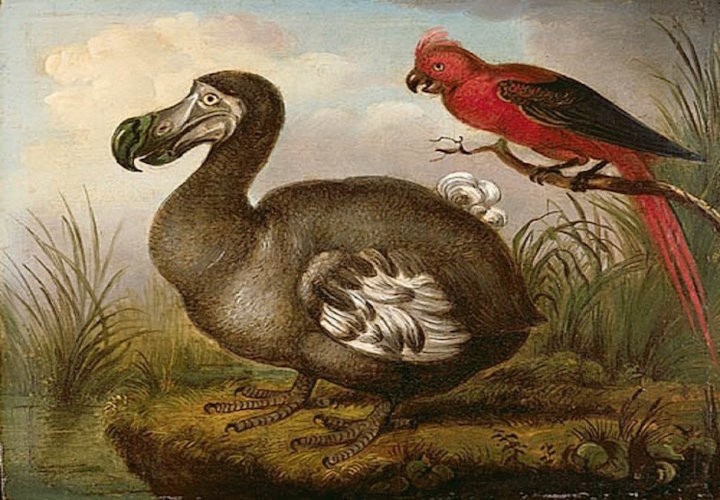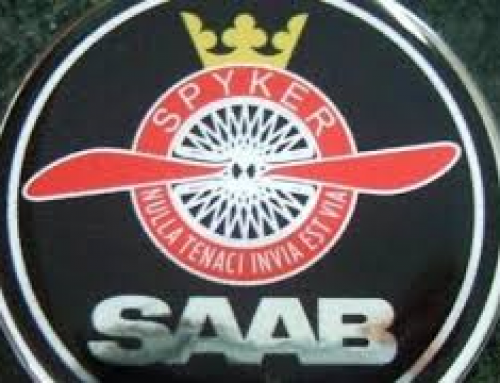This is the English summary of Lisa van de Bunt’s dissertation ‘De organisatieadviseur: begeleider of expert?’, Rijksuniversiteit Leiden, 1978.
Summary
A cautious calculation shows that the market of Dutch management consultant firms exceeds hundred million guilders. Orders are coming not only from industries, but also and increasingly from the areas of public health, welfare, education and many government services. In regard tot the American situation Guttman and Willner (1976) even speak of: “The shadow government, the government’s multi-billion-dollar give-away of its decision-making powers to private management consultants”!
As to the results of management consultant work in the Netherlands, no systematic investigation has ever been carried out. For the present inquiry we distinguish two general methods of management consultancy. The first is the expert-method, also called the ‘doctor-patient’-model (Schein, 1969, page 6-7), the second is the so-called process-consultation method, frequently used synonymously with the term Organization Development (Schein, 1969, page 3-4).
The thesis is:
Under which conditions will the two aforementioned management consultant methods lead to success?
As possibly important conditions we have chosen: the type of organization in which the management consultant method is used and the type of problem that is the issue of the management consultant project. So far as the type of organization is concerned we distinguish, with Etzioni (1961 and 1965), the normative- and the utilitarian types of organization. So far as the type of problems is concerned we discern three types of problems, analogous to the three problem-fields that have been central in management theory for the last decades. Structural problems about formal organizational structure, cultural problems about human relations in organizations and strategical problems about survival and policy of organizations.
These three typologies, e.g. of management consultant methods, of organizations and of organization problems, can be combined into a research-model. This model contains twelve cells (2x2x3). The twelve cells have each been filled with four management consultants projects (if possible) and we have investigated whether there were any systematic differences in success between the projects in the cells of the research-model. As to the results of the investigation we can say the following:
The influence of the type of organization:
Nothing indicated that the type of organization in which the management consultant project took place made any difference for the success of the management consultant projects.
The influence of the type of organization problem:
In face of cultural problems we got indications that, both for the success and for a number of change effects, the effects were less than where the other two types of problems were concerned.
In face of cultural problems we got indications that the process-consultation method led to more success than the expert-method.
In face of cultural problems we got indications that the expert-method led to more success than the process-consultation method; particularly when conflicts were involved.
The two methods of management consultancy:
We got indications that the process-consultation method led to more change-effects than the expert-method.
We did not get any indications that there were any systematic differences in length of time or in costs between the consultant projects in which the process-consultation method had been used and the consultant projects in which the expert-method had been used.
Policy conclusions:
On account of the indications for the degree of success of the process-consultation method with strategical and structural problems we have drawn the conclusion that in those cases it is more recommendable to use the process-consultation method than the expert-method. This conclusion has been drawn especially because we got no indication from our investigation that there were any systematic differences in length of time or in costs between the two methods.
In face of cultural problems it is doubtful whether the application of the process-consultation method is recommendable. Especially when conflicts are increasing it may be better to use the expert-method.
Since our investigation has been based on the time and money spent by the consultant the suggestion was made, on behalf of further research to examine, whether there are perhaps differences in costs and length of time between the expert-method and the process-consultation method if we also base our investigation on the contributions of the organization members themselves to the management consultant projects. In case the expert-method should then take less time and money it may be recommendable to use the expert-method instead of the process-consultation method. Especially so if it is difficult to appeal to contributions from the members of the organization. The disadvantage of less success and change of the expert-method compared with the process-consultation method might be weighed against the advantage of lower costs and less time. But again: our investigation results do not indicate any systematic difference in costs or length of time between the two management consultant methods.
Literature
Etzioni, A.
A comparative analysis of complex organizations on power, involvement and their correlates
New York, The Free press of Glencoe, 1961
Etzioni, A.
Handbook of Organizations
In: (March, J.G. ed.) Organizational Control Structure, chapter 15, Chicago, Rand McNally & Co., 1965
Guttmann, D. and B. Willner
The shadow government: the government’s multi-dollar give-away of its decision-making powers to private management consultants, experts & think tanks
New York, Pantheon, 1976
Schein, E.H.
Process consultation: its role in organizational development
Reading (Mass.), Addison-Wesley Publishing Company, 1969
Kennisbank onderwerpen: Dissertation





